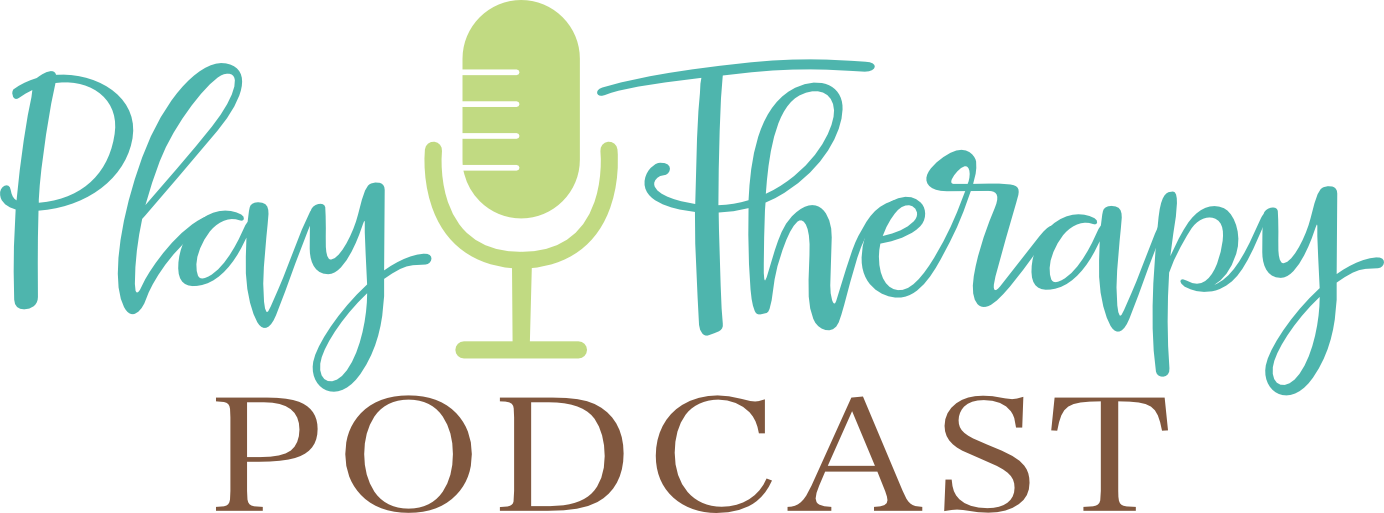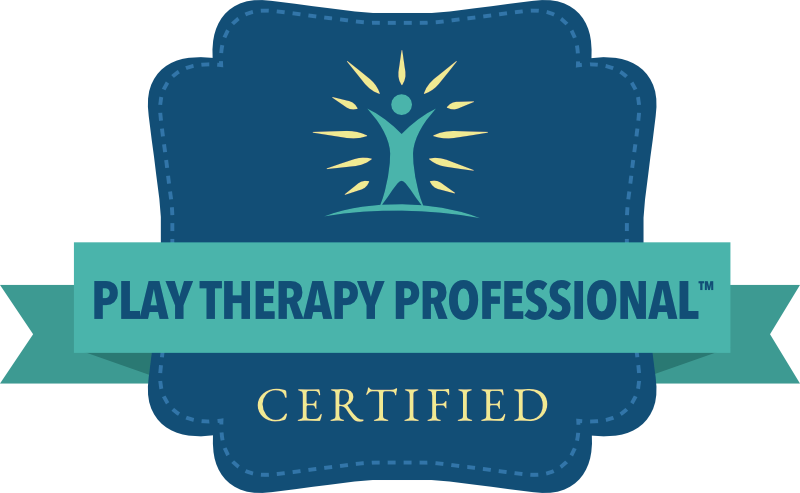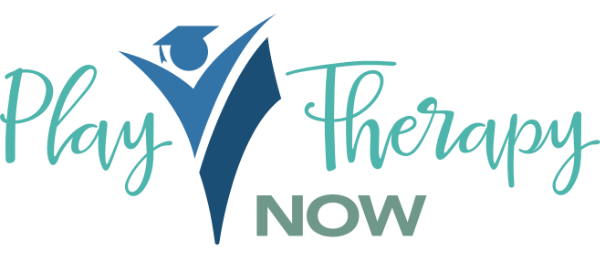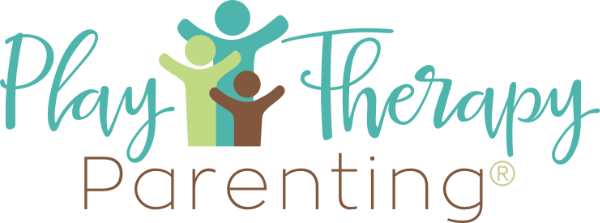Beyond the Diagnosis: How Child-Centered Play Therapy Supports Children with Various Conditions and Diagnoses
In this episode of the Play Therapy Podcast, I respond to a question from Bailey in Texas about the effectiveness of child-centered play therapy (CCPT) for children with NF1, a genetic condition. Bailey is working with a six-year-old client whose symptoms resemble ADHD, and she’s curious about the realistic expectations for therapy outcomes.
I broaden the discussion to address how CCPT can benefit children with various disorders or diagnoses, emphasizing that while play therapy may not change the underlying condition, it significantly improves a child’s ability to cope, build resilience, and develop crucial emotional and relational skills.
I also discuss the importance of shifting the focus away from the condition itself and instead highlighting how play therapy fosters self-trust, problem-solving, and emotional regulation. By reframing the conversation with parents, we can help them understand that the true power of CCPT lies in equipping children to navigate their challenges with confidence and competence, regardless of the condition they face.
If you would like to ask me questions directly, check out www.ccptcollective.com, where I host two weekly Zoom calls filled with advanced CCPT case studies and session reviews, as well as member Q&A. You can take advantage of the two-week free trial to see if the CCPT Collective is right for you.
Ask Me Questions: Call (813) 812-5525, or email: [email protected]
Brenna’s CCPT Hub: https://www.playtherapynow.com
CCPT Collective (online community exclusively for CCPTs): https://www.ccptcollective.com
Podcast HQ: https://www.playtherapypodcast.com
APT Approved Play Therapy CE courses: https://childcenteredtraining.com
Twitter: @thekidcounselor https://twitter.com/thekidcounselor
Facebook: https://facebook.com/playtherapypodcast
Understanding the Role of Child-Centered Play Therapy for Children with Genetic Conditions
As play therapists, we often encounter children facing a wide range of challenges, including genetic conditions that impact their behavior and development. In this post, I’ll address a question from Bailey in Texas, who is working with a six-year-old client diagnosed with NF1, a genetic condition that presents symptoms similar to ADHD. Bailey is curious about the effectiveness of child-centered play therapy (CCPT) for this client and what realistic expectations can be set with the parents. This discussion will broaden to include insights on how CCPT can benefit children with various disorders and diagnoses.
The Complexity of ADHD-Like Symptoms in Children with NF1
Bailey mentioned that her client’s challenges all resemble ADHD, which is a common observation in many cases. ADHD is often a blanket diagnosis, covering a range of behaviors like distractibility, impulsivity, and difficulty focusing. However, these symptoms can be caused by numerous other factors, including device use, emotional dysregulation, anxiety, or even the impact of a chronic condition like NF1. It’s important to recognize that while a child may meet the diagnostic criteria for ADHD, the root cause of these behaviors could be something entirely different.
In my experience, children diagnosed with ADHD often exhibit these behaviors due to underlying issues that can be addressed through play therapy. The therapeutic process in CCPT allows us to work on the whole child, addressing their needs, which can lead to significant improvements in behavior—often reducing or eliminating the symptoms that led to the ADHD diagnosis in the first place.
Addressing the Emotional Impact of Genetic Conditions in Play Therapy
When a child has a genetic condition or any kind of congenital disorder, it often leads to a variety of emotional challenges. Children with such conditions are acutely aware of their differences from their peers. This awareness can lead to feelings of resentment, frustration, and low self-esteem. They may believe that there is something wrong with them or that they are inherently flawed because they struggle with things that seem easy for others.
This internalized negativity often manifests in self-defeating behaviors and a lack of confidence. The key to helping these children is not to focus on “fixing” their condition but to help them build coping skills, resilience, and a strong sense of self-worth. Child-centered play therapy is uniquely suited to provide these benefits, offering children a safe space to explore their feelings and develop the tools they need to navigate their challenges.
Setting Realistic Expectations for Play Therapy
Bailey asked about setting realistic expectations for therapy outcomes. In child-centered play therapy, it’s essential to approach this carefully. We do not enter therapy with a predetermined agenda or set outcomes because CCPT is a non-directive, child-led approach. Instead, we focus on the process and the growth that occurs naturally as the child engages in play.
For children with conditions like NF1, the goal is not to “cure” the condition—since NF1 is a genetic disorder that may not be curable—but to equip the child with the skills they need to manage their condition effectively. Through play therapy, these children can develop crucial coping mechanisms, build resilience, and enhance their emotional vocabulary. They learn to trust themselves and their ability to handle whatever life throws at them.
The Four Universal Outcomes of Play Therapy
Regardless of a child’s specific challenges or reasons for entering therapy, there are four universal outcomes that we see consistently in CCPT:
1. Increased Emotional Vocabulary: The child becomes better able to express their feelings and communicate their needs.
2. Increased Emotional Regulation: The child develops the ability to manage their emotions more effectively, reducing outbursts and improving overall behavior.
3. Increased Worldview: The child gains a broader perspective, understanding their actions have consequenses, and how they relate to others.
4. Increased Self-Esteem: The child builds a stronger sense of self-worth and confidence, which is critical for long-term well-being.
These outcomes are invaluable for any child, but they are particularly beneficial for children facing chronic or genetic conditions. By focusing on these areas, we help the child not just cope with their condition but thrive in spite of it.
Shifting the Focus: From Fixing the Condition to Building Resilience
It’s important to reframe the conversation with parents when discussing the goals of play therapy. Instead of setting expectations around fixing or improving the condition itself, we shift the focus to what the child will gain from the therapeutic process. The true value of play therapy lies in its ability to help children develop resilience, problem-solving skills, and self-trust.
For children like Bailey’s client with NF1, play therapy won’t change the diagnosis, but it will profoundly impact how the child perceives and manages their condition. The child will learn to navigate life’s challenges with greater confidence, knowing they have the skills to handle whatever comes their way.
The Power of Child-Centered Play Therapy for Children with Special Needs
Working with children who have genetic conditions or other lifelong challenges requires a thoughtful and compassionate approach. Child-centered play therapy offers a powerful way to support these children, helping them build the emotional and psychological tools they need to face their unique challenges. By focusing on the universal outcomes of CCPT, we can ensure that these children develop the resilience, self-esteem, and coping skills they need to thrive, regardless of their diagnosis.
Bailey’s question highlights the importance of understanding how play therapy can benefit children with conditions like NF1. By reframing the conversation with parents and focusing on the holistic growth of the child, we can set the stage for meaningful, lasting change in the lives of these children.








